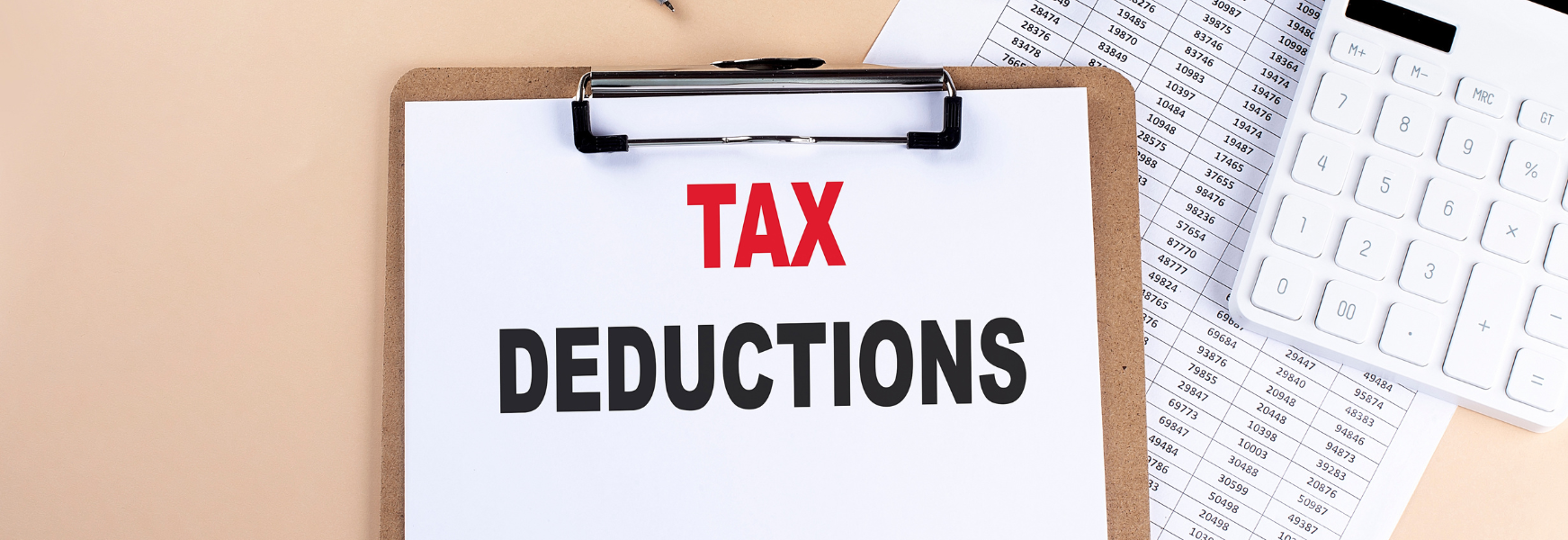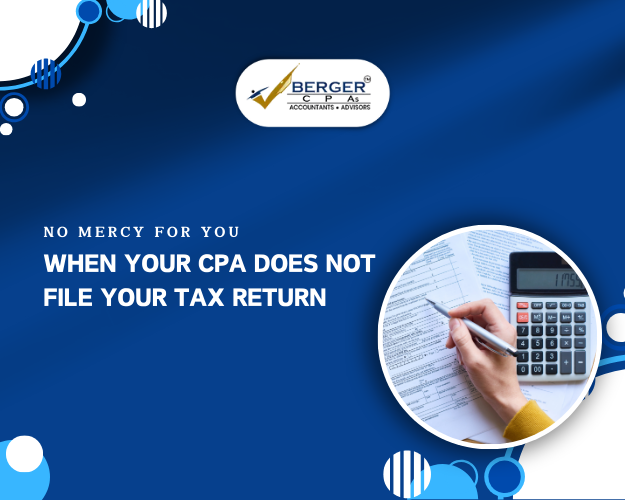
2023 Last-Minute Year-End General Business Income Tax Deductions
1. Prepay expenses using the IRS Safe Harbor
The safe harbor rule allows cash-basis taxpayers to prepay and deduct qualifying expenses up to 12 months in advance without challenge, adjustment, or change by the IRS. According to the safe harbor rule, your 2023 payments cannot be moved into 2025. It is obvious that you prepay only 12 months of qualifying expenses per the rule. Cash-basis taxpayers eligible for the expenses may include business vehicle lease payments, office rental and machinery, and business and malpractice insurance premiums.
Under the tax rules, you should not include the December 31 payment on the Form 1099 submitted to the landlord. This would be an incorrect reporting and should be avoided.
2. Stop billing customers, clients, and patients
3. Buy office equipment
4. Use your credit cards correctly
5. Don’t assume you are taking too many deductions
Always document your deductions and claim all your rightful deductions. New business owners especially do not claim all their deductions when those deductions would produce a tax loss. If your business deductions are more than your business income, you have a tax loss for the year. With a few modifications to the loss, tax law calls this a “net operating loss,” or NOL.
If you are starting your business, there is a possibility you could have an NOL, with all that’s happened this year. NOLs can turn into future cash infusions for your business because you carry 2023 NOLs forward to future years.

 Client Login
Client Login





